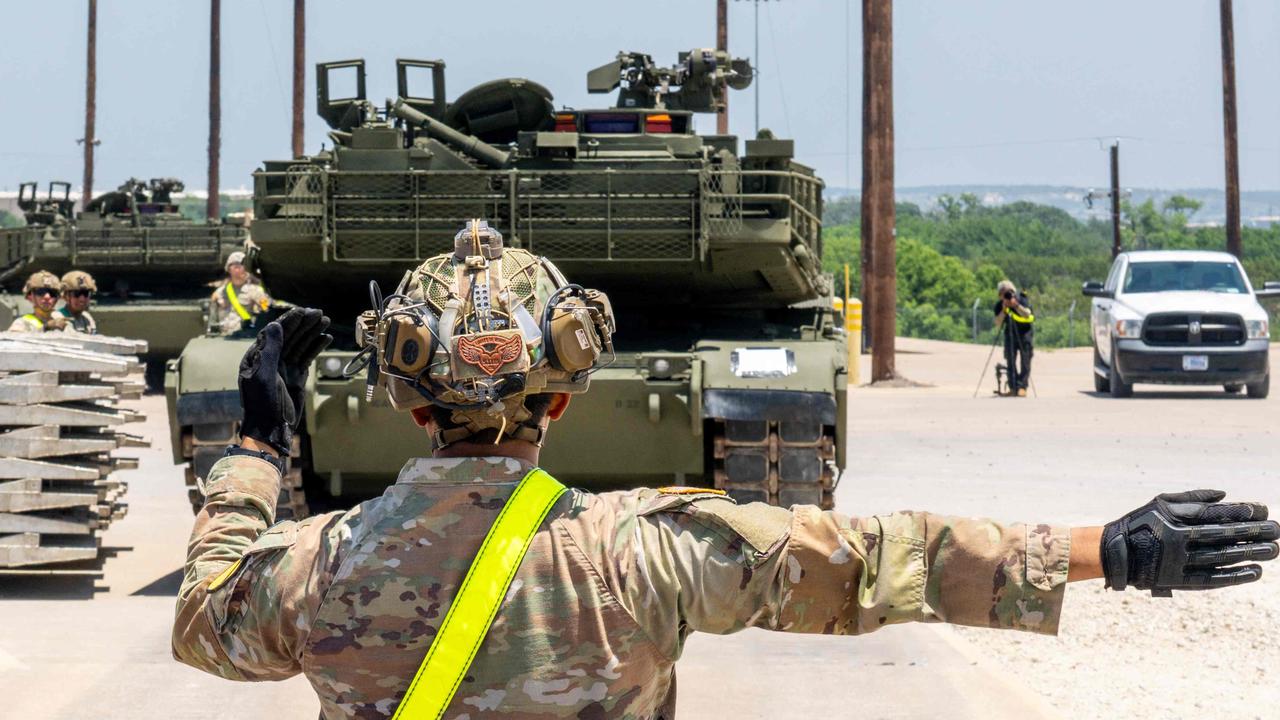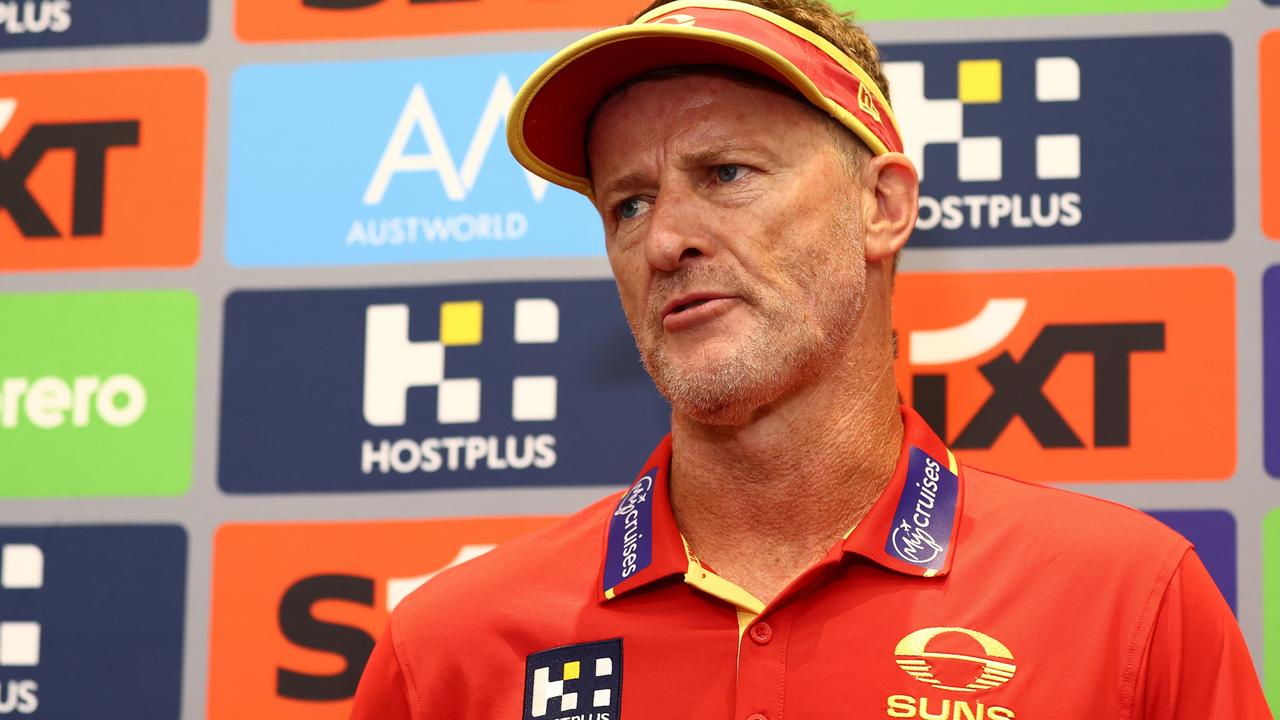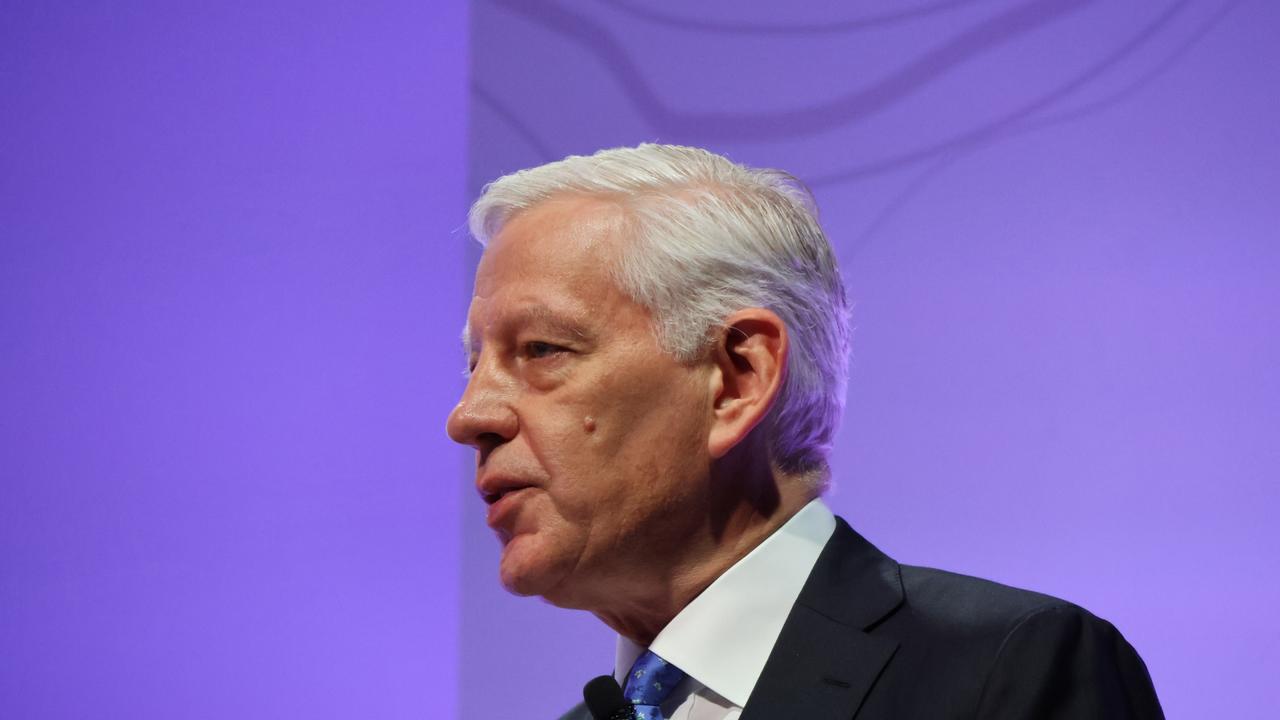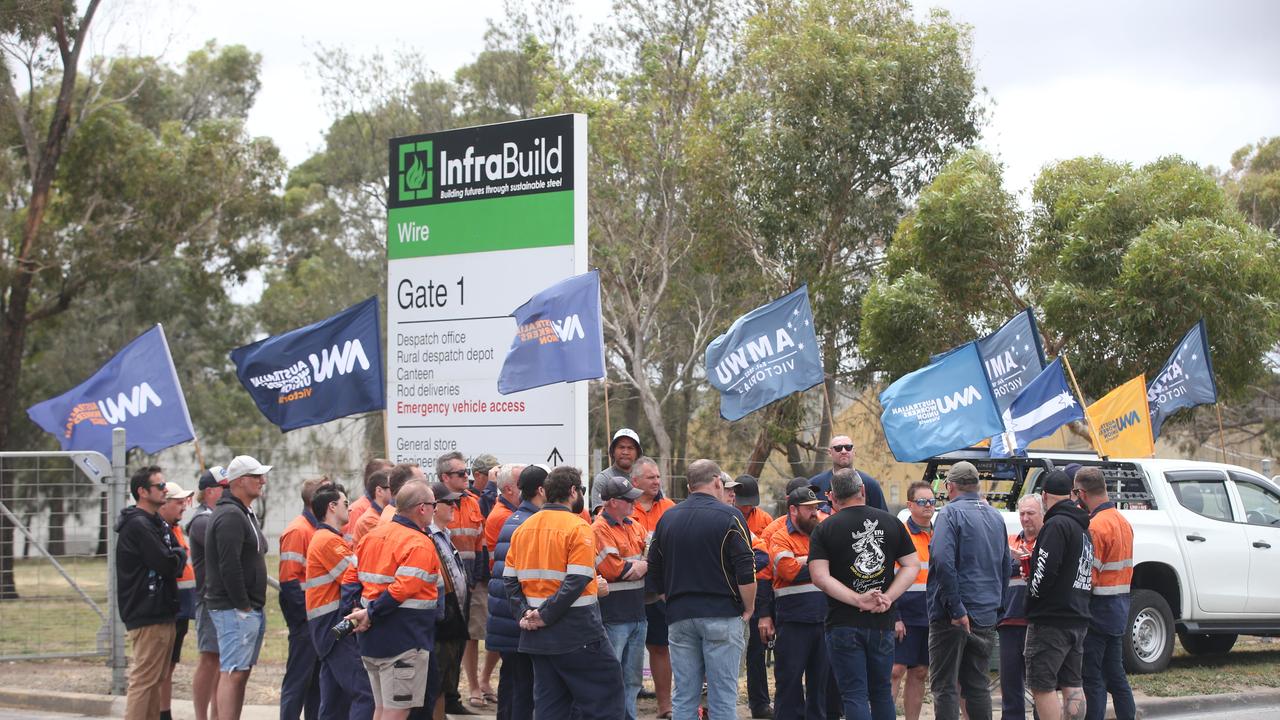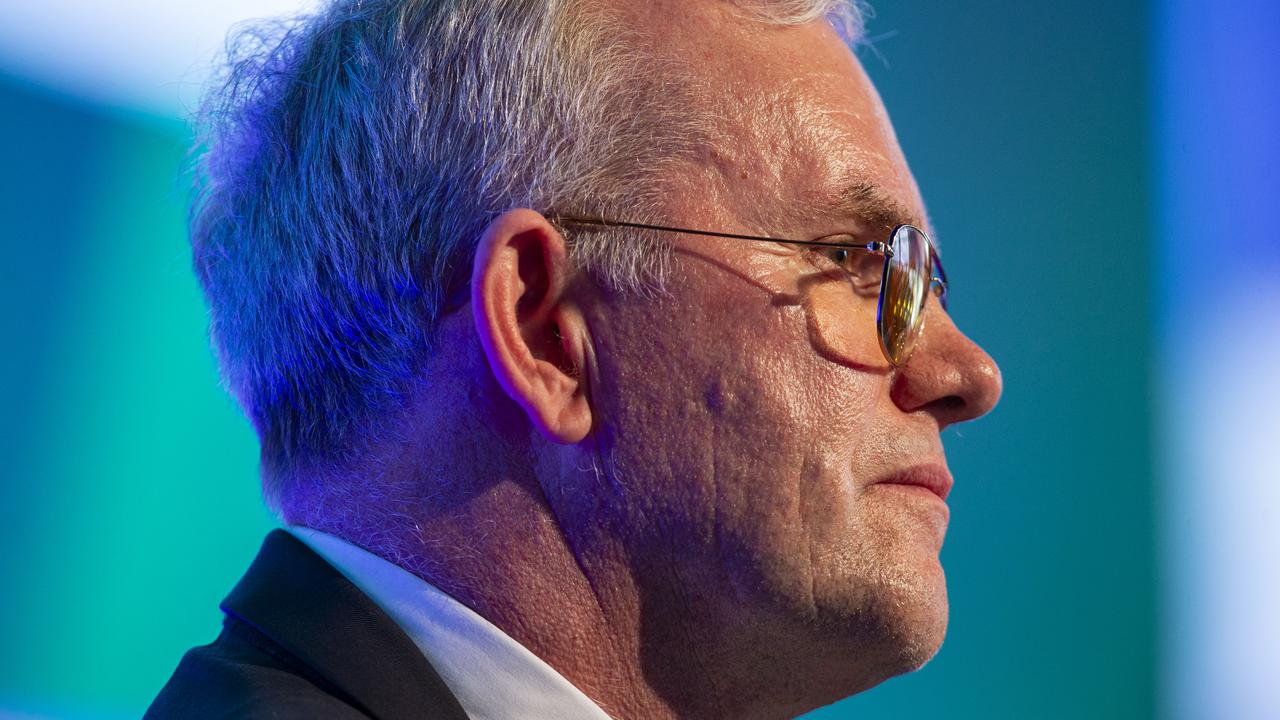Speed limits force Transurban CEO Michelle Jablko to find a new way to grow
Transurban’s Michelle Jablko has given an insight into how she expects to manage the toll road giant as it has started to find limits to its growth in the local market.

Business
Don't miss out on the headlines from Business. Followed categories will be added to My News.
Transurban chief executive Michelle Jablko reckons about 85 per cent of her existing network of toll roads across the country and offshore are capable of growth.
Which is just as well.
Transurban has already started to find the limits of its growth in the Australian market.
The toll road major oversees 22 roads here, including 11 in Sydney and six across Brisbane. And it – as well as some investors – was taken by surprise last year when the Australian Competition and Consumer Commission stood in the way of a planned bid for Melbourne’s EastLink.
This decision, handed as a preliminary finding but prompted Transurban to go cool on EastLink, was a strong signal that regulators were taking a tougher view towards the operator’s market clout.
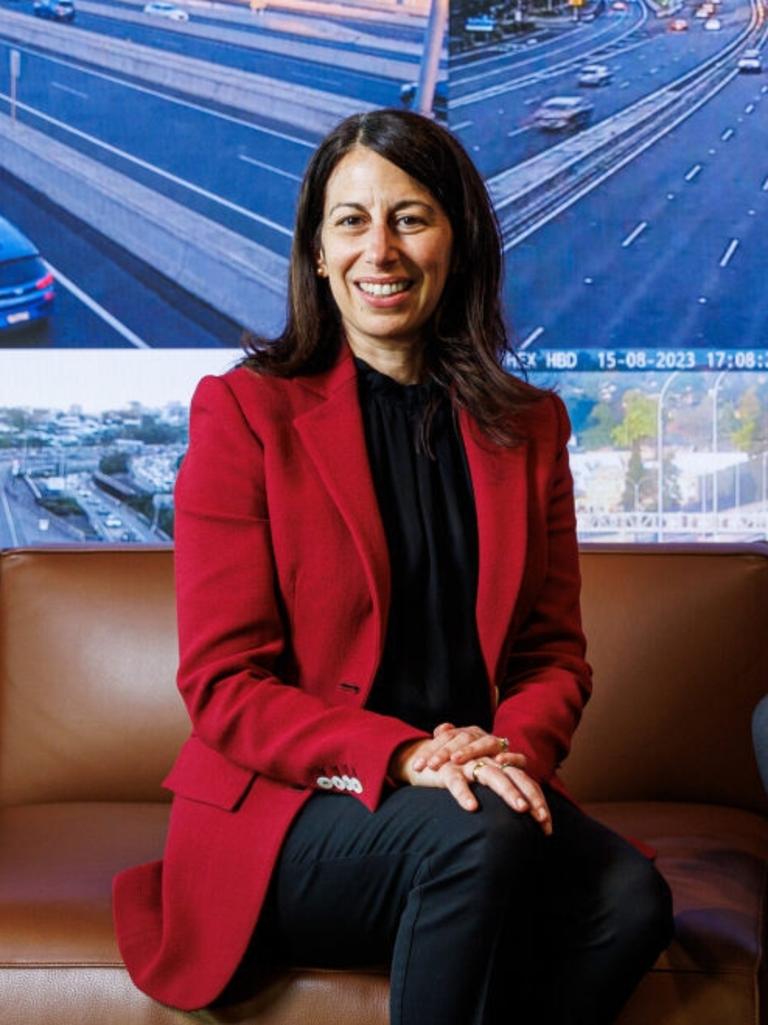
Add into that mix the recent NSW government’s review on toll reform that recommended network pricing, rather than individual concession pricing, and suddenly Transurban’s ability to find growth in Australia looked limited.
This means Jablko needs to bring a new style to managing Transurban from her predecessor, Scott Charlton, who went for the blockbuster hits such as WestConnex. And that is to use Transurban’s vast cashflows to invest in lower-risk growth from its existing Australian roads while continuing to scout for opportunities offshore, particularly across North America.
“We know that growth is there,” Jablko recently told investors. “But we’re also very aware that we’re operating in a different world today to even a few years ago.”
There are five of these incremental projects being considered by Transurban, with $14bn of projects under consideration.
The agreement struck with the Queensland government to widen the western section of the busy Logan Motorway, the road that links Brisbane’s M1 (Pacific Hwy) and the M2 to Ipswich, is one of these.
It is also the first major deal since former chief financial officer Jablko took charge of the infrastructure major late last year.
The scope of the proposal involves adding a lane in each direction, interchange upgrades, as well as increasing vehicle height capacity to allow for growth in trucks along what is becoming a major transport corridor.
The binding agreement is expected to see works under way from the second half of next year, with final agreement yet to be reached on scope and funding for the project.
While the Queensland government is expected to contribute some funds, Transurban is expected to push for an extension for its current concession contracts, with the bulk of its toll road deeds set to expire shortly after 2050.
Indeed, much of the near-term opportunities now sit offshore, and with the teething problems at Sydney’s M4 and Roselle Interchange starting to settle the next big test for Jablko is Melbourne’s West Gate Tunnel project that is scheduled to open later next year.

Beyond that, Jablko is betting on macro trends driving traffic growth. So that’s population and Transurban’s roads spanning key growth corridors.
Sydney’s M7 widening is already under way, with that road expected to play a big role in getting people to the new Western Sydney Airport.
On its own, the Logan expansion won’t materially change Transurban’s earnings. Collectively, however, the widening and extensions offer a GDP-plus growth profile for Transurban in Australia. Then looking beyond a five-year horizon is the Victorian government’s $20bn North East Link project, which ranks as the nation’s most ambitious toll road.
Transurban has eyes on taking a controlling stake in this mega-project road to complement its maturing Melbourne operations.
To build its case beyond financial metrics it will need to show the value it is returning to its customers. All this is remains Jablko’s challenge.
Blackstone playbook
Blackstone continues to look for ways to flex its $8.9bn buyout of Crown Resorts, a deal that ranks as one of the Wall Street giant’s biggest in Asia. The casino game has changed since Blackstone moved in from mid-2022, and the move to cashless gaming in NSW is hurting Crown in Sydney, while Star’s move has been hampered by major software glitches.
That and an increase in the casino tax in NSW have both operators united in privately arguing they are being put at a disadvantage compared with the clubs and pubs across the state where the punters can use cash.
More broadly the crimp on inbound tourism, particularly from China, a stricter regulatory regime across the board, as well as the end of the junket trade mean casino operators need to find new ways to make money. Blackstone’s Crown in Sydney has the additional problem of having its licence restricted to table play only, which means it doesn’t get access to the steadier cashflows of pokies, and this is hampering its recovery efforts.
There’s little chance of that being changed for now, given a move to a full licence will need the support of parliament and the powerful clubs lobby across the state would most certainly push back.
After a period of extensive reform in Melbourne and Perth, Crown won back its NSW licence in April from the state’s powerful casino regulator. The good news for Crown was short-lived. Weeks later, Crown outlined plans to cut up to 1000 jobs across its three properties in response to a downturn in trading conditions.
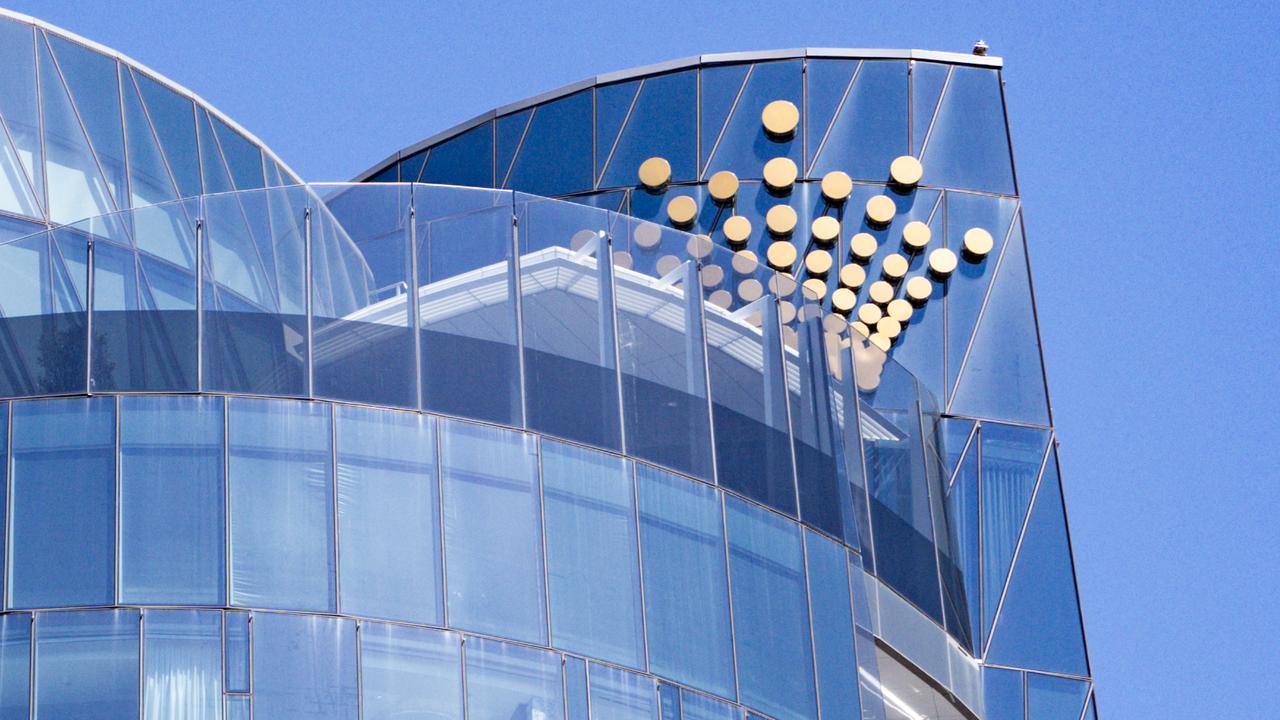
Rival Star, which has just gone through a gruelling probe into whether it should retain its licence, has issued several profit downgrades, also blaming a tough economy. The results of the Star inquiry into its licence are set to be handed up to the NSW casino regulator at the end of this month.
Blackstone’s well-worn playbook is to acquire troubled assets for a discount, put in the best management and turn around the business. This approach requires plenty of patience, and the size of Blackstone’s balance sheet gives it more runway than most. However, it certainly has its work cut out in Australia.
Standing out in a string of top-level management changes outlined at Crown on Tuesday was the appointment of a new Sydney casino boss, Stanford Le, replacing outgoing boss Mark McWhinnie.
Le is current head of the Indian tribal-owned and top-ranked Snoqualmie Casino group in Washington state. As a student he worked in casinos in Las Vegas to pay for his education, and he has experience with integrated resorts, including Wynn Resorts, Sands China (Macau) and Caesars Entertainment. Critically, he was involved in the planning or pre-opening stages. The $2bn Barangaroo tower, while a Sydney landmark, needs to do more to pay its way in the Crown group through conferences, restaurants and entertainment. However, unlike its bigger casino siblings in Perth, and Melbourne a much smaller building footprint – being hemmed in by the Barangaroo peninsula – limits its options.
Meanwhile, casino veteran David Tsai, who has held top roles with casino giant MGM across the US, will move from his current position of CEO of Crown Perth to chief operating officer of Crown. He reports to Crown group boss Ciaran Carruthers. Before joining Crown with Blackstone in 2022, Carruthers was running the giant Wynn property in Macau.
johnstone@theaustralian.
com.au
Originally published as Speed limits force Transurban CEO Michelle Jablko to find a new way to grow




